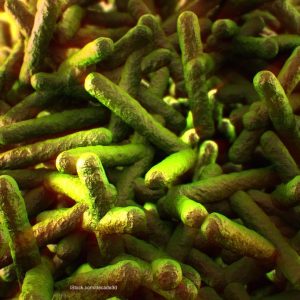A study by the German Federal Institute for Risk Assessment (BfR) found that the criteria for Listeria monocytogenes bacteria in ready-to-eat (RTE) foods are not always met, leading to an increased risk for vulnerable populations. The very young, the elderly, pregnant women, and those with compromised immune systems can become seriously ill with listeriosis. The study said that foods that can be contaminated with this pathogenic bacteria include smoked or gravad (cured) fish and soft and semi-soft cheeses made from raw milk.
 BfR investigated the presence of Listeria monocytogenes in smoked and gravad fish, soft and semi-soft cheeses and heat-treated meat products. They evaluated and assessed 2,540 study results on the bacteria from January 1, 2010 to December 31, 2011 and discovered the standards are not being met. Products exceeding the limits for Listeria monocytogenes are not legal to sell. The study authors say that food business operators must ensure that only foods that do not exceed these limits should be placed for sale.
BfR investigated the presence of Listeria monocytogenes in smoked and gravad fish, soft and semi-soft cheeses and heat-treated meat products. They evaluated and assessed 2,540 study results on the bacteria from January 1, 2010 to December 31, 2011 and discovered the standards are not being met. Products exceeding the limits for Listeria monocytogenes are not legal to sell. The study authors say that food business operators must ensure that only foods that do not exceed these limits should be placed for sale.
Since certain foods are more risky than others, those in high risk groups should avoid eating these products to prevent listeriosis. Listeria bacteria can grow at refrigerator temperatures, making those foods even riskier. Listeria infections are more rare than infections from Salmonella and Campylobacter, but listeriosis tends to be a more severe illness. People in vulnerable populations account for 90% of listeriosis cases. And 21% of those patients die.





Does the term “heat treated” used in this article include dehydrated meat?